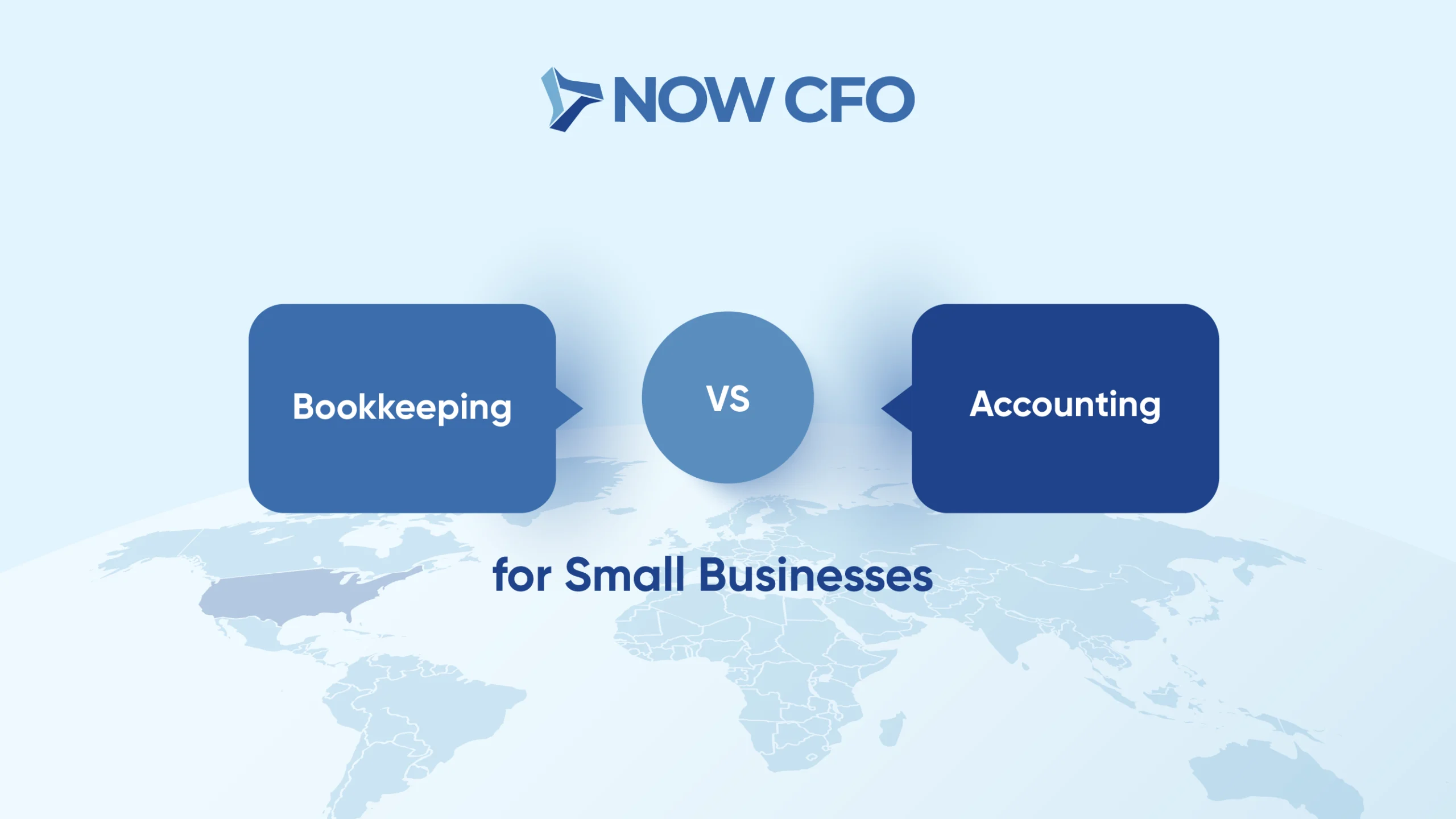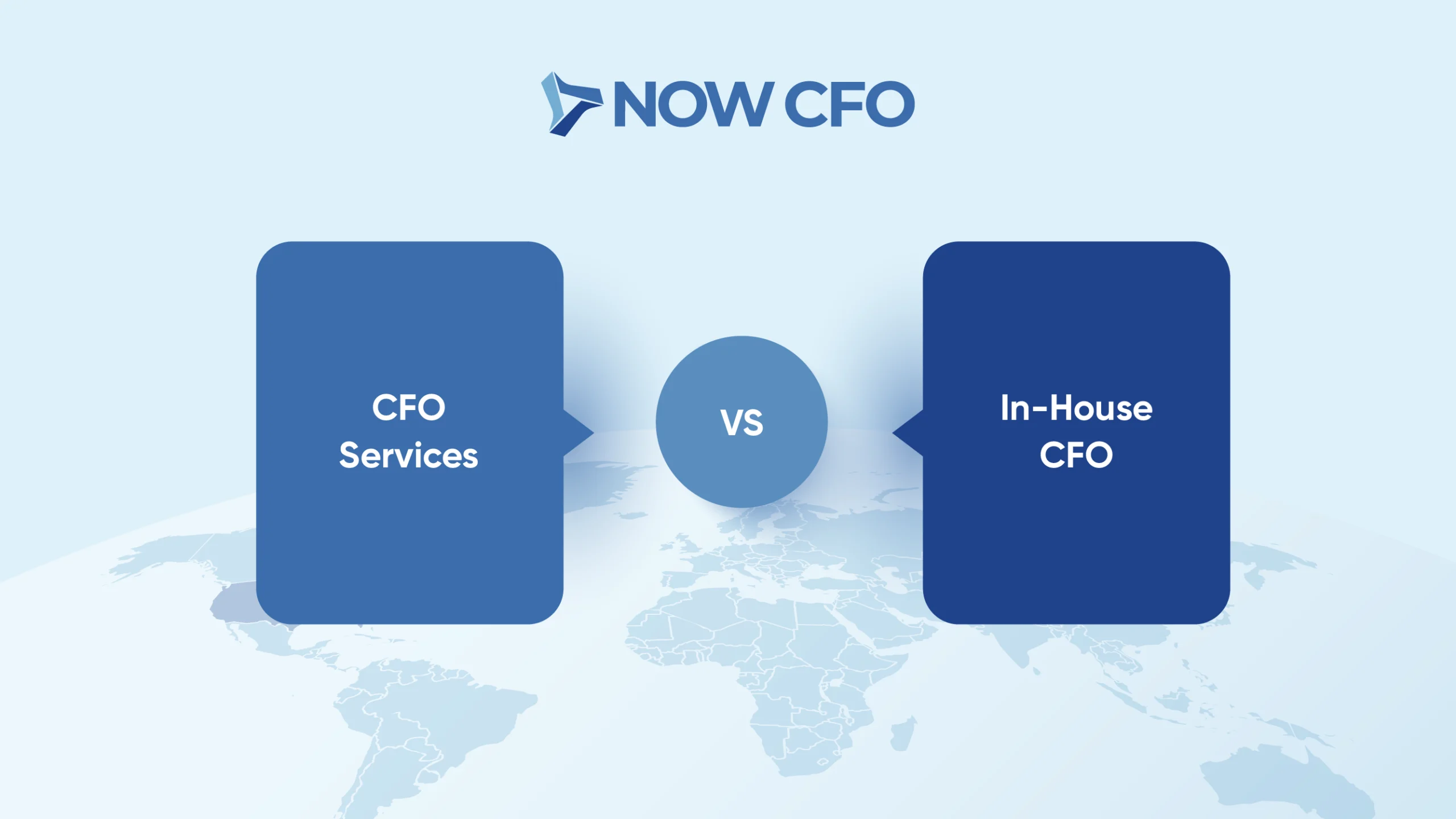
Role of an Outsourced Accountant for Startups
Starting a business is like embarking on an exhilarating adventure, full of new challenges and opportunities. However, with so many responsibilities to juggle, from developing your product or service to marketing and sales, it can be easy to feel overwhelmed, especially when it comes to managing finances. But what if we told you there’s a secret weapon that can help you save time, money, and stress? That’s right, outsourcing accounting services can be a total game-changer for startups! In this blog post, we’ll dive into the world of outsourced accountants for startups and discover why they can be a game-changer for your business. So, let’s get started!
What is an Outsourced Accountant?
An outsourced accountant is a financial professional who provides accounting services to businesses on a contract basis. They handle a range of financial tasks, including bookkeeping, tax preparation, financial reporting, payroll processing, and budgeting. Outsourced accountants can work remotely or on-site, depending on your business’s needs, and can provide you with the financial expertise you need to succeed.
The Role of an Outsourced Accountant for Startups
- Financial Management: An outsourced accountant can help you manage your finances more effectively. They can handle tasks such as bookkeeping, financial reporting, and budgeting, giving you more time to focus on growing your business.
- Cost Savings: Outsourcing accounting services can be cost-effective for startups. You don’t have to worry about hiring and training an in-house accountant, and you only pay for the services you need.
- Expertise: An outsourced accountant can provide you with the financial expertise you need to succeed. They have a deep understanding of accounting principles and can provide you with valuable insights into your business’s financial health.
- Scalability: Outsourcing accounting services can be scalable for startups. As your business grows, you can easily scale up the services you need, such as payroll processing or financial reporting.
Learn More: Roles Of Outsourced CFO
How to Choose an Outsourced Accountant for Your Startup
- Experience: Look for an outsourced accountant with experience working with startups. They should have a deep understanding of the unique financial challenges startups face and be able to provide you with tailored solutions.
- Services: Consider the services you need and look for an outsourced accountant who can provide them. Do you need bookkeeping, tax preparation, payroll processing, or financial reporting? Make sure the accountant you choose can provide the services you need.
- Communication: Communication is essential when working with an outsourced accountant. Look for an accountant who is responsive, proactive, and communicates clearly and effectively.
- Technology: Technology plays a critical role in accounting services. Look for an outsourced accountant who uses modern accounting software and can provide you with real-time financial insights.
By partnering with the right outsourced accountant, you can focus on growing your business, achieving your goals, and making your startup dreams a reality. So, what are you waiting for? Take that first step and call NOW CFO and we will match you up with an accountant who can provide you with the financial expertise you need to succeed!
Gain Financial Visibility Into Your Business
We provide outsourced CFO, fractional CFO, and temporary CFO, Controller, Audit Preparation, Mergers and Acquisitions and operational Accounting services that suit the needs of your business.
- Hourly Rates
- No Hidden Fees
- No Long Term Requirements
NOW CFO provides the highest level of expertise in finance and operational accounting to accelerate results and achieve strategic objectives for sustainable growth and success.
After completing the form, a NOW CFO Account Executive will reach out and learn more about your needs so that we can pair you with the right Partner.
Learn More: Outsourcing Accounts Payable (AP) for Your Business














